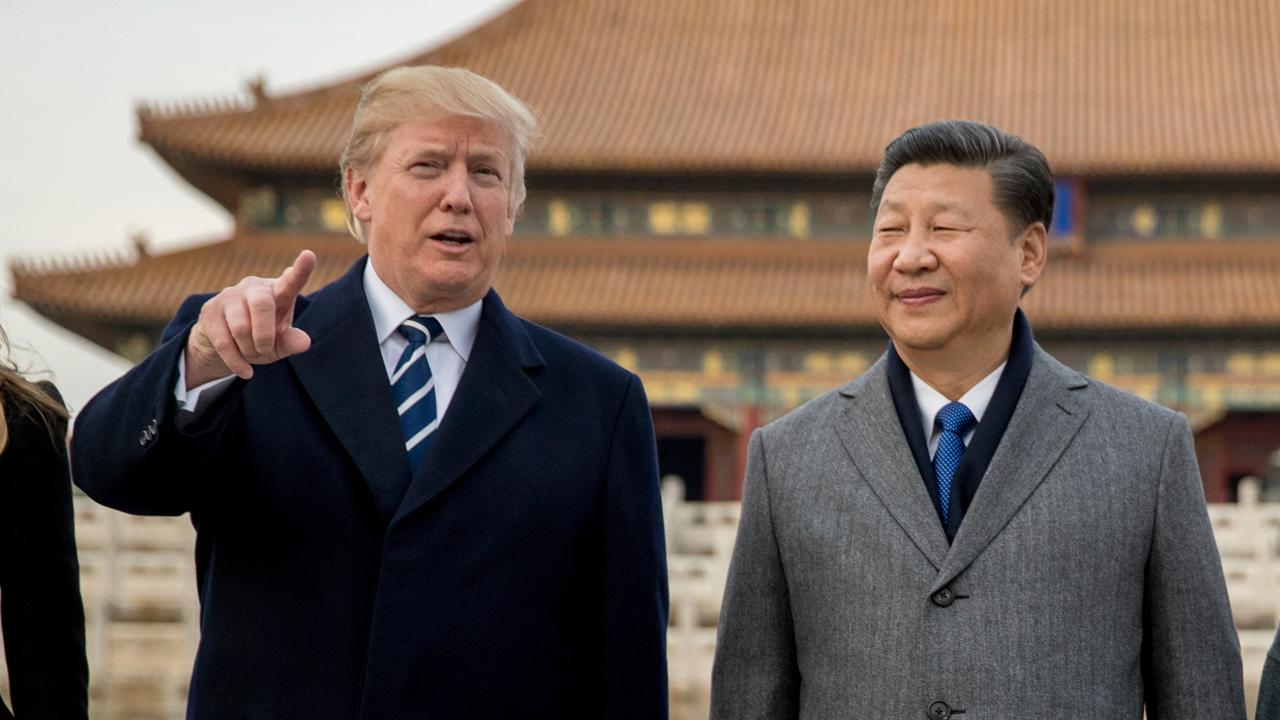Trump's China auto deal could help these countries
After months of a back-and-forth trade war between the U.S. and China, President Trump declared on Monday that Beijing had agreed to remove a 40 percent auto tariff on American vehicles.
The problem?
Aside from the fact that China hasn’t actually confirmed the claim, under World Trade Organization (WTO) policies, if Beijing offered the U.S. zero tariffs on autos, it would have to do so for every other country in the WTO as well – and that includes auto heavy-hitters like South Korea, Japan and Germany, as first reported by Vox.
“If it really was zero across the board on tariff protection, I think other suppliers than the United States would ship most of the additional cars to China,” said Gary Hufbauer, a senior fellow at the Peterson Institute for International Economics.
That’s because the international trade regulator has a “most favored nation” principle that forbids countries from discriminating between its trading partners. “Grant someone a special favour (such as a lower customs duty rate for one of their products) and you have to do the same for all other WTO members,” according to the WTO’s website.
European, Japanese and South Korean automakers would ultimately benefit from a flat, tariff-free rate on autos, Hufbauer said. The Chinese market, he noted, is good for more expensive cars manufactured in Europe, but also smaller, more affordable ones produced in Japan and South Korea; it’s the American-made cars like trucks and big SUVs that don’t have quite the same appeal.
While China currently has sanctions imposed on South Korea -- the latter wants Pyeongchang to remove a U.S.-designed anti-missile system -- those will likely only last a few years, he said.
“I think there’d be quite a burst in shipments of small, less-expensive Korean cars to China, and also of parts, that’s another big part of auto trade,” he said. “It would be ultimately a big boon to Korea.”
Most likely, though, China will try to find a way to circumvent the WTO policy, probably without openly flouting the international institution.
“Historically, the Chinese have tried to respect the WTO obligations, which are plain and simple decided in a case against them,” he said. “They don't have a history of flagrantly violating the WTO violations. But that’s history. Times are changing.”
Otherwise, China – which has been incredibly protective of its own domestic auto industry, and probably doesn’t want competition from other countries – could create a special tariff line in its itemized tariff system, meaning it would invent a new line that would only specifically apply to autos produced in the U.S.
“I will be very surprised – it could happen – I’ll be very surprised if China reduces its tariffs on autos from all sources and all descriptions to zero percent,” he said.




















